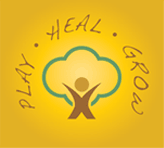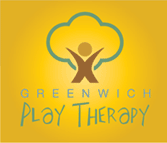What is Play Therapy?
Throughout childhood, children express themselves much better through play than by talking. In play therapy, children express themselves symbolically by playing, and will communicate their conscious and unconscious feelings and experiences through their play. Emotional experiences that are important to the child, or have impacted the child in some way, will show up as play behaviors. In a play therapy session, children are provided with specially chosen toys to enable them to say with toys what they have difficulty saying with words.
Play therapy allows children the opportunity to gain relief from their problems without having to talk about them directly. Play therapy allows children to distance themselves from difficult feelings, experiences and memories, which would normally be too challenging for them to talk about directly.
Play therapy affords children the opportunity to safely play out or express difficult feelings or stressful experiences in order to gain a sense of understanding of them and relief from them. When children express their feelings and thoughts through play, the difficult feelings and memories become less intense. Through the therapy, children are taught new skills to help manage their feelings/thoughts/experiences. This in turn leads to mastery of the issues and themes presented in the therapy, resulting in the problem behaviors decreasing or being eliminated altogether. Children regain a sense of control and safety in their lives which leads to increased self-confidence.
When adults face a problem, they will usually think about what happened, look at it from different perspectives, talk about it with someone they trust, and plan how to handle a similar situation in the future. During play therapy, children do these same things using their imaginations.
As a method of counseling children, play therapy has been found to be effective for children experiencing a wide variety of social, emotional, and behavioral problems. Play therapy is also an excellent way to help children recover and heal from experiences of loss and stressful or traumatic experiences.

